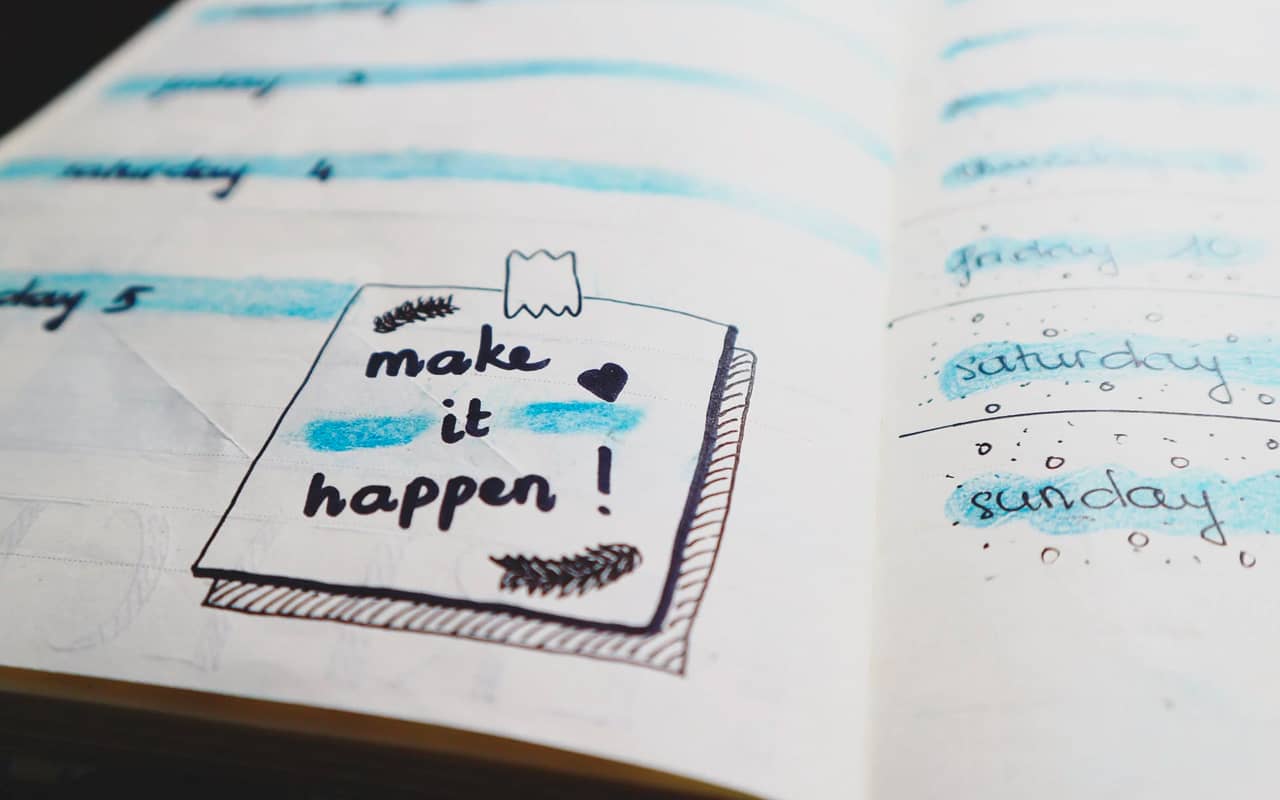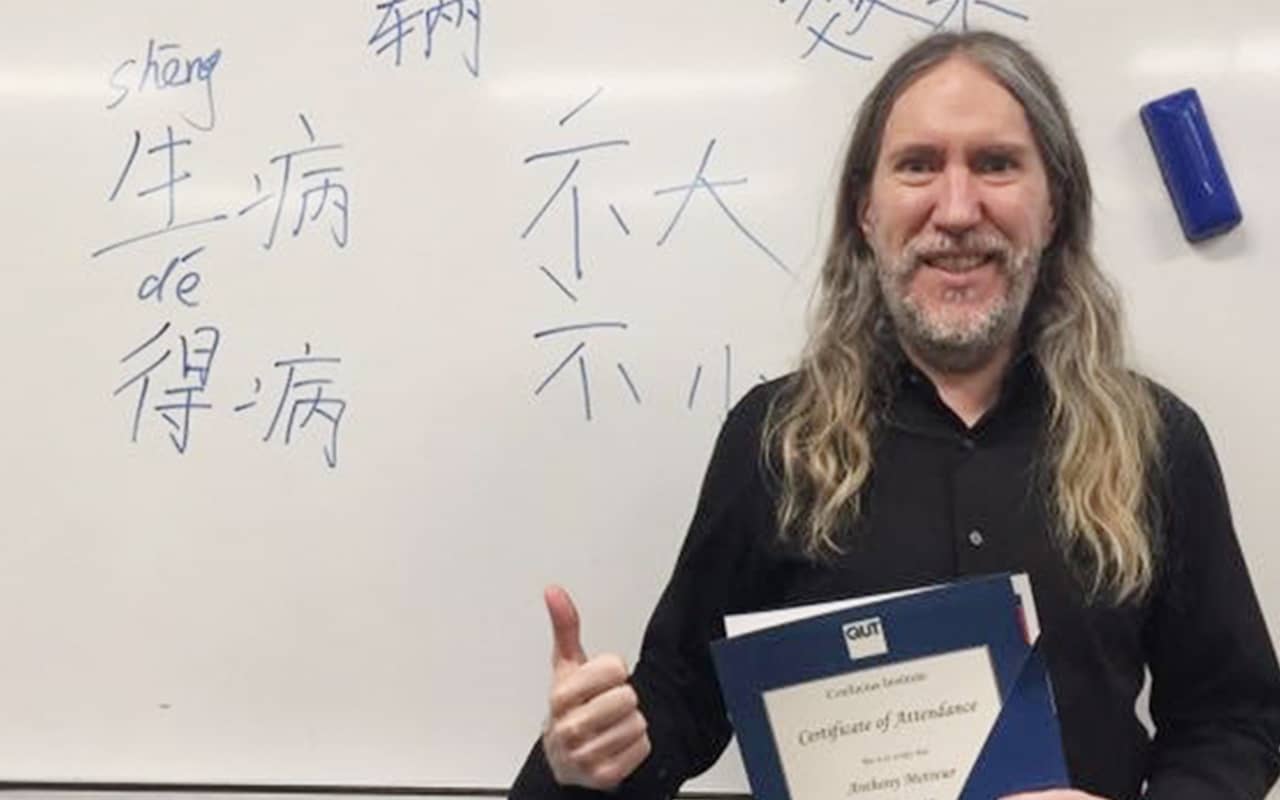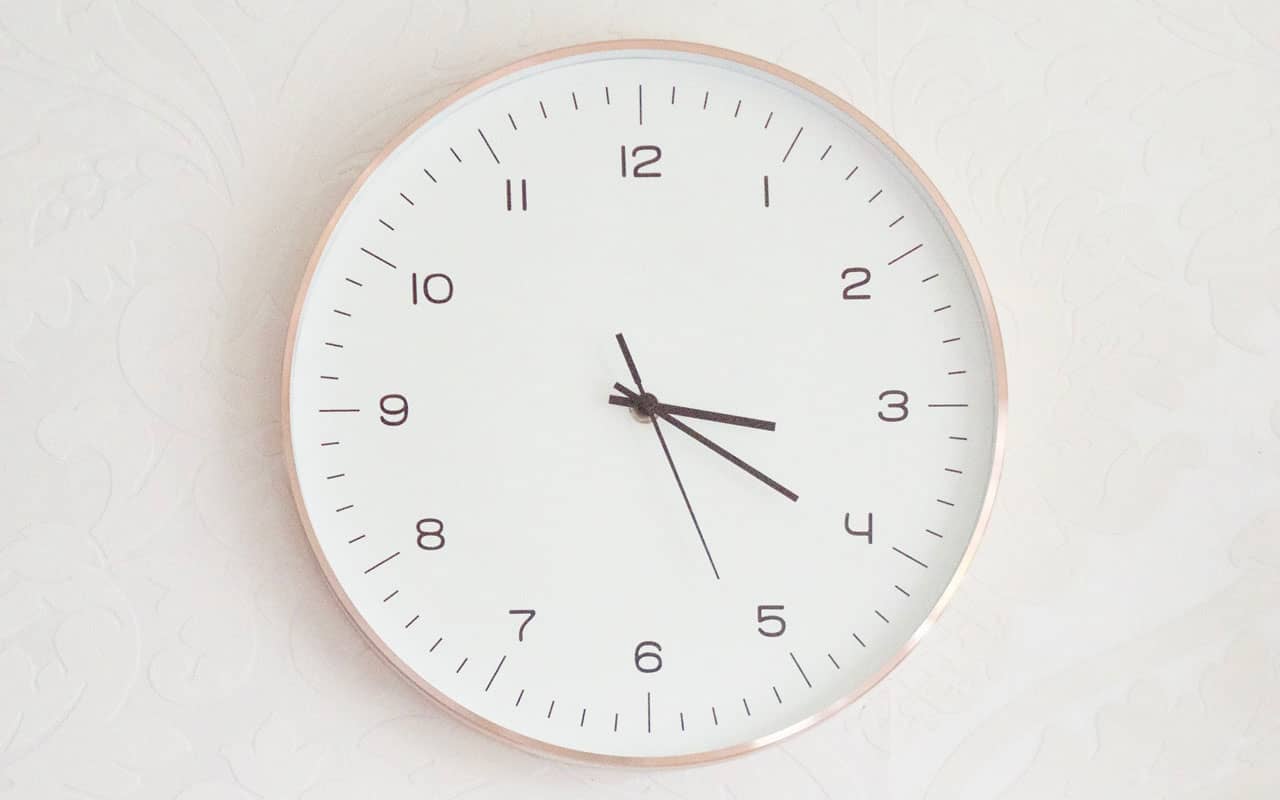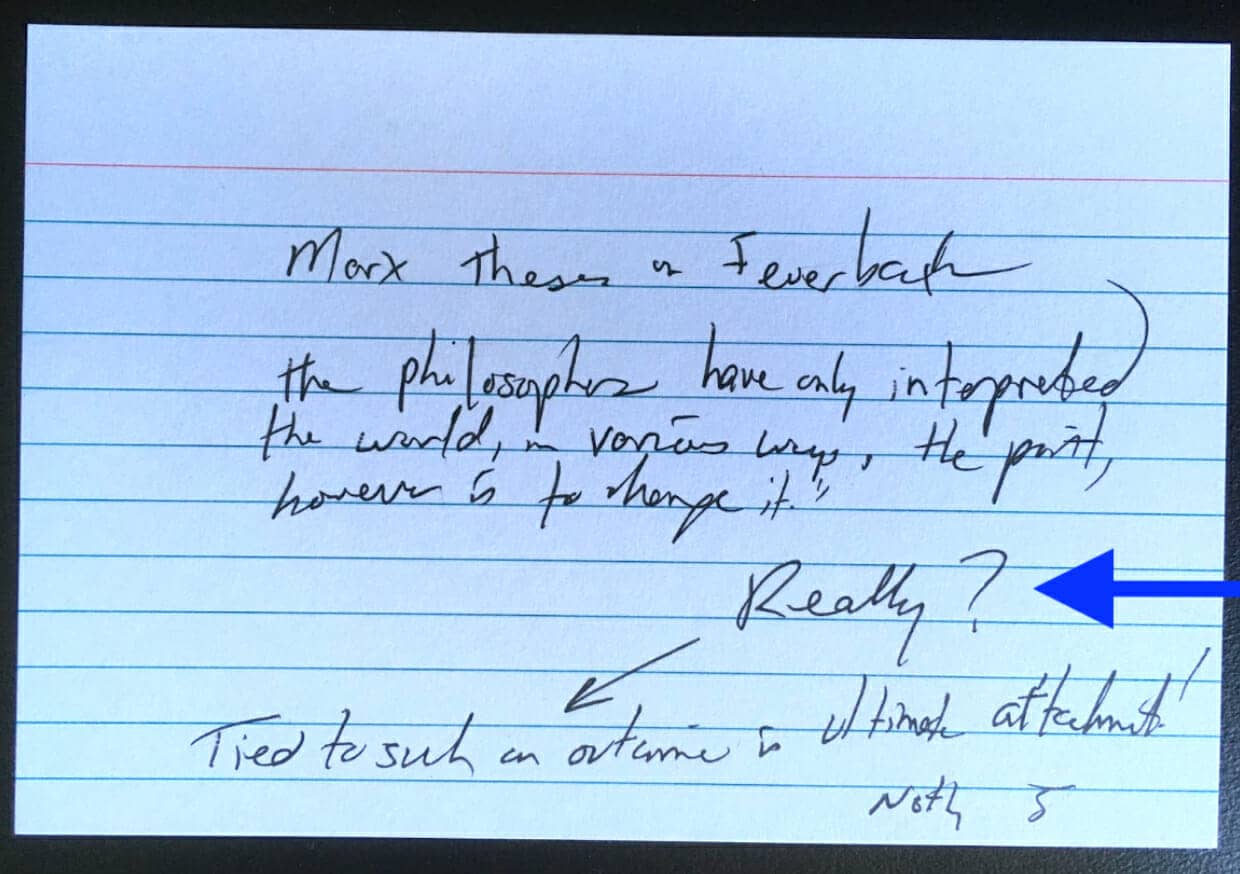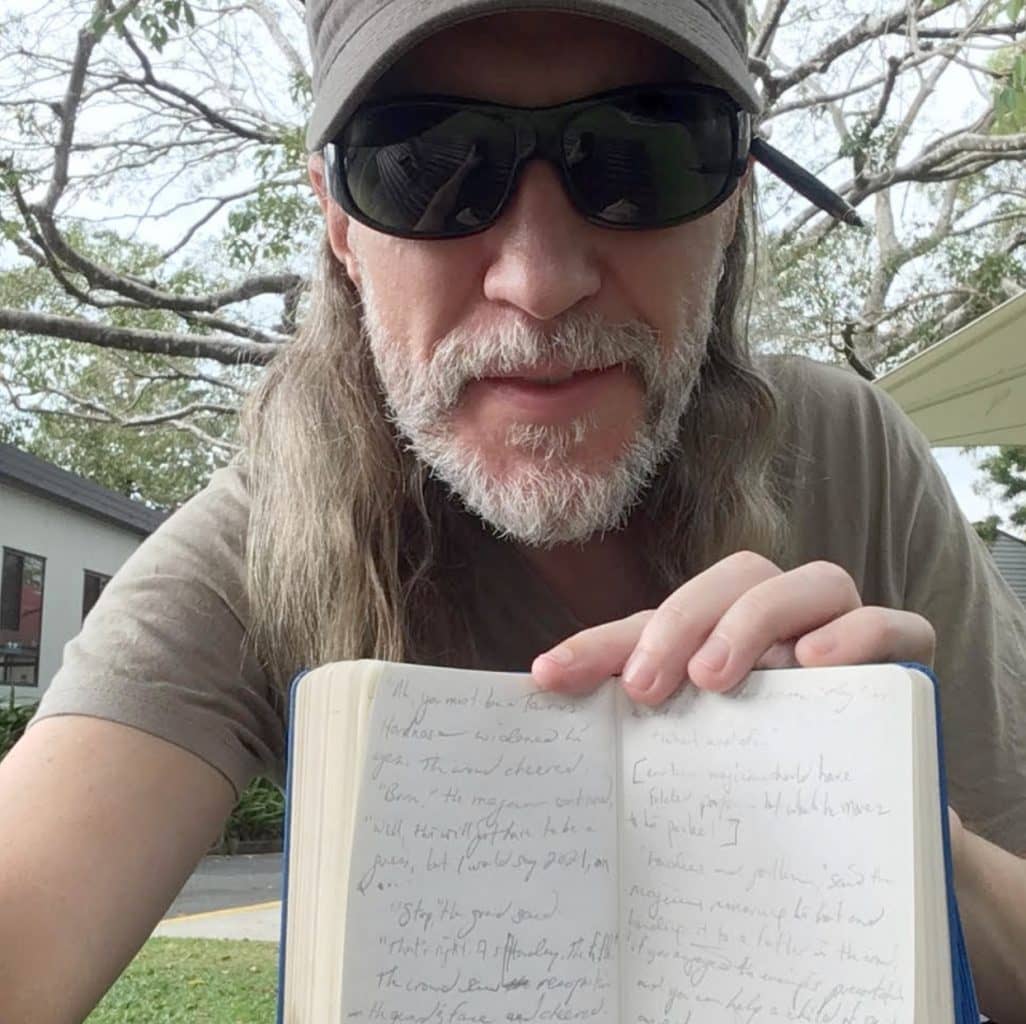 The best time to study is counterintuitive, so brace yourself.
The best time to study is counterintuitive, so brace yourself.
At least, it is for me, and I’m a PhD and professional researcher who studies every day of every week.
I’ll share my experiences with you and what the science says about picking the best possible times.
Spoiler Alert:
If you really want to maximize your productivity and increase how much you remember, you ultimately need to shift how you think about time, learning and memory.
Don’t worry. It won’t be difficult.
Except for this first part.
I want you to honestly ask yourself:
Is asking questions like, “Is it good to study before bed?” or “When is the best time to read?” really all that practical?
What if you asked a different question? A question like:
What if I knew a way to make progress with my learning 24 hours a day? With less effort? And with more bang for my buck when it comes to remembering what I’ve spent time learning?
These are much higher order questions, so let’s take a deep dive into the issue of coordinating your study periods with your personal energies.
That way, you’ll always be at your best when learning new things.
Is There A Best Time To Study?
No, there is not.
At least not in a one-sized-fits-all kind of way.
There are practical and scientific reasons why this is true. Let’s have a look at both.
Practical Timing
First, we all know the old saying, “life is what happens when you’re busy making other plans.”
Serious learners simply cannot rely one a “best time” to do anything because many different things disrupt us all the time.
Plus, some of us love to work out in the morning, which makes us tired for a few hours after hitting the gym. And some of us can only make it to the gym during hours that aren’t optimal, but still want the benefits of physical exercise. So it doesn’t quite make sense to try and force studying to take place, even if there were such a thing as an optimal time.
Here’s a much better goal: Be flexible to all kinds of situations.
That way, when push comes to shove, you’re still able to get the job of studying done. We’ll talk more about how to do this below.
Scientific Timing
The science of timing when you choose to engage in certain activities is called chronobiology. It’s based on the principle that most species are sensitive to changes in light and temperature.
As humans, we’re also subject to a timed (or metered) digestive cycle. This fact means that if you eat foods that are bad for your brain on Tuesday, you might not start feeling the effects until Friday.
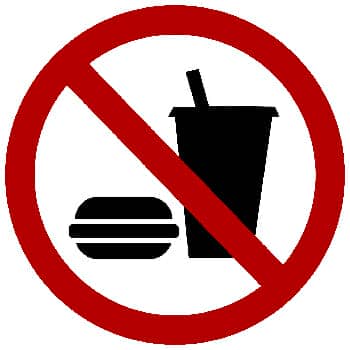
That said, it is useful to know more about how, why and when your brain might be more receptive to learning new things.
When Is The Brain Most Active?
According to one study, exactly when your brain is the most active has to do with the length of your work day. If there is a cookie-cutter answer for the average study participant, the answer is noon.
However, when you take the statistical analysis way, there really are no average people.
Myself, when I went to university, I sometimes started reading at 5 a.m. on my way up to York University on the subway. Then I would study at the library on campus until it closed at 11 p.m. I would keep reading on the 90-minute subway ride home.
Even while I was a professor at Rutgers, I maintained a similar study load. I would take the train from Manhattan early in the morning and get back late at night. When I wasn’t grading student papers, I took every opportunity to do my own studying.
More recently, I was able to pass level III in Mandarin Chinese, also by studying while on transit.
You might be wondering if proper active reading strategies can be conducted in this manner and that’s a good question. The answer is simple:
My brain was most active when I needed it to be because I used the best possible reading strategies regardless of location. And I was able to use some of the techniques I’ll teach you in a moment to be on the ball no matter what was going on in the many noisy trains and hectic schedules I followed across my academic career.
Apart from optimizing my diet so I could establish a clean and clear mind, no amount of chronobiology has ever been personally useful to me.
What Time Of Day Is The Best Time To Study For Memorization?
When you have the best possible memory techniques on your side, any time of day is the best time.
That said, I’ve almost always gotten the best memorization results in the morning. And there’s a specific process I’ve long followed that I think you’ll love experimenting with along your own quest to study faster.
However, as you go through my personal process, think about how you can adapt it to your own lifestyle. And note that sometimes I complete these activities at different times of day. Sometimes I have morning appointments, for example, and shift my meditation to the afternoon.
Extract The Information At A Different Time Than You Memorize It
It starts with how I suggest you read books. In brief, I suggest you extract the information first using my textbook memorization process.
If you’re using this approach, what time of day you pull your notes onto flash cards is not nearly as important as where and how. Having a variety of secured places to study is the key.
Even if one of those places is on a train or a bus, you can still effectively pull your notes for memorization later at any time. You don’t even have to feel particularly focused when you know how to identify the main points in a book.
Meditate, Journal, Memorize
My preferred routine is to get up, drink a glass of water and then meditate, usually using the personal mantras I share in The Victorious Mind.
Next, I will journal my goals for the day, and write a quick gratitude list. When language learning is involved, I’ll usually also use The Freedom Journal format.

Is the morning always the best time for these activities?
No, of course not. But it’s a general routine, and it’s the routine that matters. Keeping to a routine like this has been shown to help maintain proper dopamine levels in the brain.
Spaced Repetition Throughout The Day
When it comes to reviewing information using spaced repetition, the science of learning and recalling information makes it clear:
Frequent active recall is the key. It’s easy to do:
- Put the phone away
- Get out a journal or notebook
- Ask yourself to recall the information you were studying
- Write it down
Do this several times throughout the day.
This simple activity will help activate your brain, even if you’re feeling mentally sluggish.
And it’s the combination of recall sessions that helps form memory and understanding, not some special time or brain state during the day.
The Pros And Cons Of Studying At Each Time Of Day
As I’ve suggested, you want to be able to study at any time of day and get great results.
However, there are certain pros and cons to studying at different times of day. Let’s look at each in order to ensure that you stop forgetting the important things that you study.
Morning
The main pros of studying and memorizing in the morning is that the world is very quiet. In my home, my wife is still asleep and I can go into my office and read along.
The con of the morning is that sometimes it’s nice to sleep in, especially for remembering more dreams.
It’s also nice to sometimes stay in bed and read for fun, and even allow myself to fall asleep while reading.
That said, chronobiologists have found that consistent sleeping patterns matter, especially for students. You can read more in this study and this one on sleep regularity.
As I’ve employed these scientific findings in my own study life, I try to go to sleep and wake up at the same time each and every day. I’ve found doing so tremendously rewarding.
Afternoon
Assuming the scientific study that cites noon as the best time to study is correct, then that works for me. I love reading in the afternoons and taking notes outside at a park.
Even if you work at your studying for six hours a day, then noon could well be the best time for you to start studying as well.
However, noon is also when a lot of people like to have lunch with friends. Noon is also a great time to take a nap if you need one.
If you’re not eating foods that improve memory, you could also have trouble concentrating. You might want to look closely at your diet to optimize this time of day. Consider looking at some teas and herbs that can help with concentration and memory too.
Evening
Except on my gym days, I love studying most evenings. That’s because I find it harder to stay awake while reading in bed on gym days.
The role of sleep and remembering is still being studied by scientists. Although there’s no doubt that sleep affects your memory, the amount that studying before you sleep helps your recall has to do with your age.
For example, some procedural memory learning tasks benefit from sleep when you’re younger, but not necessarily as you age. But when it comes to learning vocabulary, older people may need more sleep than younger people.
All of which is to say that annoying answer to the question, “Is it good to study before bed?”
It truly does depend.
How To Know When Is The Best Study Time For You
I mentioned journaling and keeping one is truly the only way to start spotting your best performance patterns.
Memory athletes keep journals all the time to spot trends and find ways to improve their results.
This is so important because you truly need to “Know Thyself” in order to be a top performer in every area of performance.
So if you don’t feel like your study sessions are as productive as you’d like them to be, start journaling.
Soon, you’ll generate clues that will help you figure out when is the right time of day for you.
In fact, the more personalized your study routine is, the better it will be. It does not have to be “guru-approved” and probably shouldn’t be if you want to learn as quickly as possible.
If you found this practical and science-based tutorial helpful, you might also love my free memory improvement course. Grab it here:
It reveals more scientifically valid learning and memory improvement tips with four video lessons and detailed worksheets and examples.
The best part?
You’ll be able to do what I did in university:
Study effectively and memorize information any time of day and rest assured that you’ll remember what you read every time.
So what do you say?
Related Posts
- How to Remember What You Study (Almost Without Trying!)
If you want to know how to remember what you study, the standard advice won't…
- How to Remember Port and Starboard (From a Memory Expert)
You can permanently remember port vs starboard in a matter of minutes. Learn this simple…
- Nelson Dellis On Remember It! And Visual Memory Techniques
Looking for visual memory techniques? And I mean truly visual. In this episode of the…

